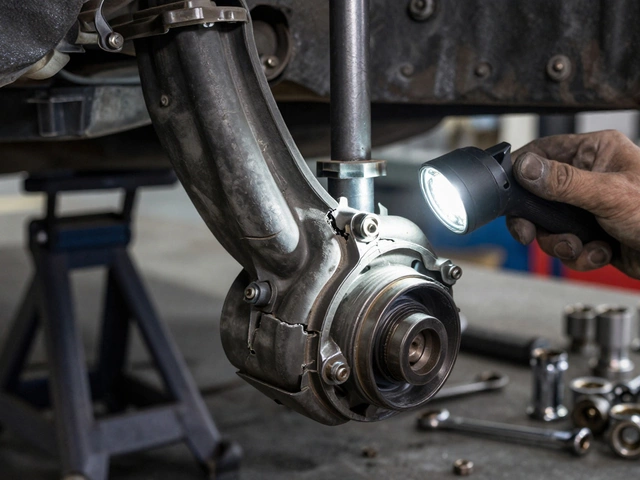Annual Oil Change: What It Is, Why It Matters, and What Happens If You Skip It
When you think about annual oil change, a routine vehicle service that replaces old engine oil with fresh lubricant to protect internal engine parts. Also known as engine oil service, it’s one of the simplest ways to stop your engine from wearing out early. It’s not just about topping up fluid—it’s about removing sludge, dirt, and metal particles that build up over time and turn your oil into abrasive paste.
Skipping this service doesn’t mean your car will break down tomorrow. But over months or years, dirty oil loses its ability to cool and lubricate. That’s when engine damage, serious harm to internal components like pistons, valves, and bearings caused by lack of proper lubrication starts quietly. You might notice louder engine noise, lower fuel economy, or warning lights. By then, it’s often too late for a simple fix. The oil change interval, the recommended time or mileage between oil replacements based on driving conditions and oil type isn’t a suggestion—it’s a rule written in engine wear patterns. Modern cars can stretch it to 10,000 miles or more with synthetic oil, but if you drive short trips in cold weather, stop-and-go traffic, or tow heavy loads, you’re likely burning through oil life faster than the manual says.
What’s worse? Many people think their car’s oil-life monitor is magic. It’s not. It guesses based on driving habits, not actual oil quality. If you’re driving mostly in the city, your oil could be degraded long before the light comes on. And if you’ve never checked the dipstick, you might not even know if your oil level is low—let alone if it’s black and gritty. That’s why car maintenance, regular tasks like oil changes, fluid checks, and filter replacements that keep a vehicle running safely and efficiently isn’t optional. It’s the difference between a car that lasts 200,000 miles and one that dies at 80,000.
Below, you’ll find real-world guides on spotting the signs you’re overdue for an oil change, what happens when you ignore it, how often you should really do it in the UK, and even how too much oil can hurt your engine just as much as too little. No theory. No fluff. Just what you need to know to keep your car alive and save money in the long run.





